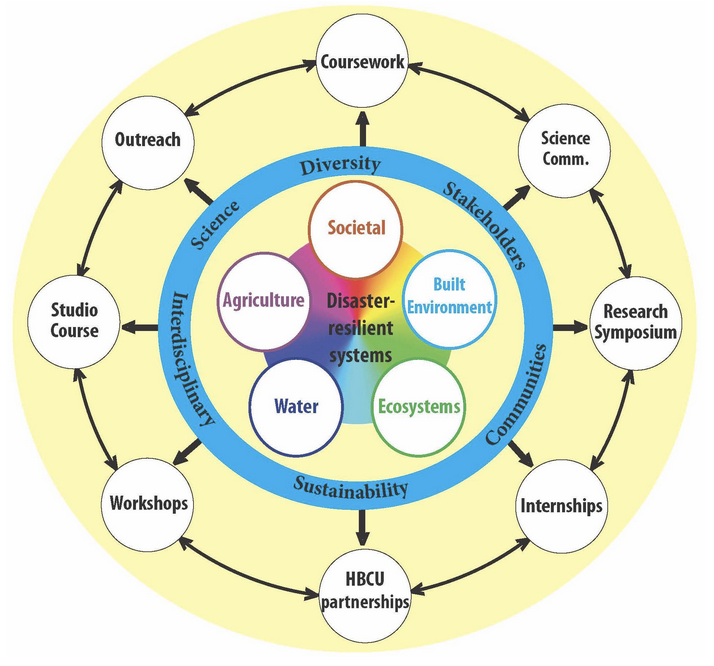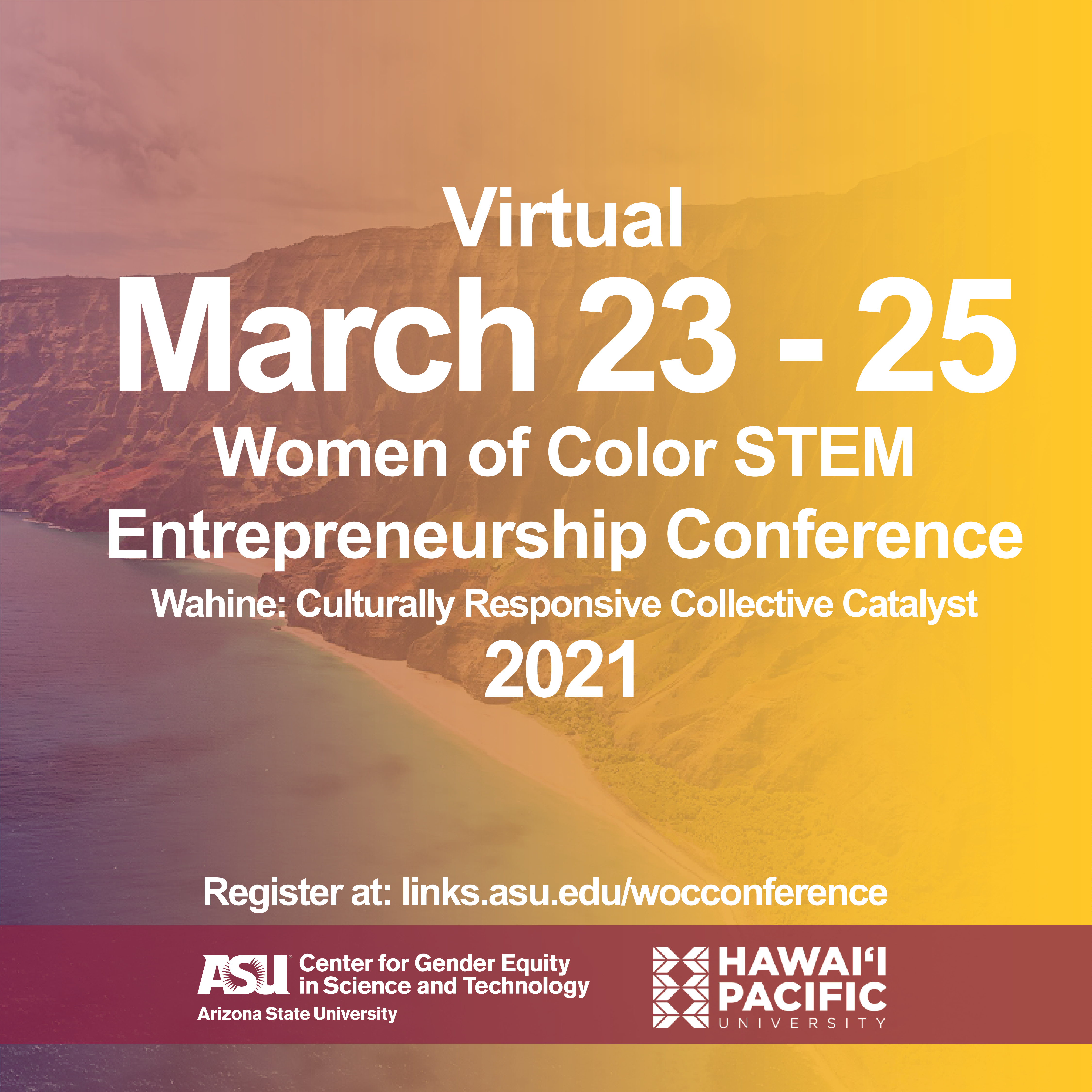
The project is developing an interdisciplinary graduate program addressing issues of climate related risk and resilience planning and decision-making in the southeast US.
Score:
This project looks for large scale impacts of such a widespread, sustained-over-time experience on students, teachers, schools and communities.
Score:
The project studies learning gains and attitudinal changes among students. TERC’s evaluation works with faculty to explore implementation, usability, and the potential for sustainability and spread.
Score:
Their presentation is scheduled for Thursday, March 25 at 4:00-4:40 pm.
Score:
The Meaningful Math project studies and aims to improve the data, statistics, and numeracy supports for consumers of news media.
Score:
Susan Jo Russell and Deborah Schifter will present on Saturday March 13th: What We’re Learning to Ask about the Weaving of Mathematics and Equity During Classroom Talk
Score:
Three FREE 30-minute sessions, by Investigations 3 authors, about how teachers are using features of the curriculum to promote student talk in the online classroom.
Score:
Exploration of effectiveness of the Signing Bioscience Dictionary (SBD), when used in conjunction with Lamar University’s interpreting program, to increase student interpreters’ ASL life science vocabulary and content knowledge and ability to interpret material fluently and accurately.
Score:
The Building Coherence project aims to support development of pre-service elementary teachers’ knowledge, skills, and dispositions for enacting ambitious and equitable STEM instruction, by fostering greater coherence among STEM content and pedagogical teacher preparation opportunities.
Score:

